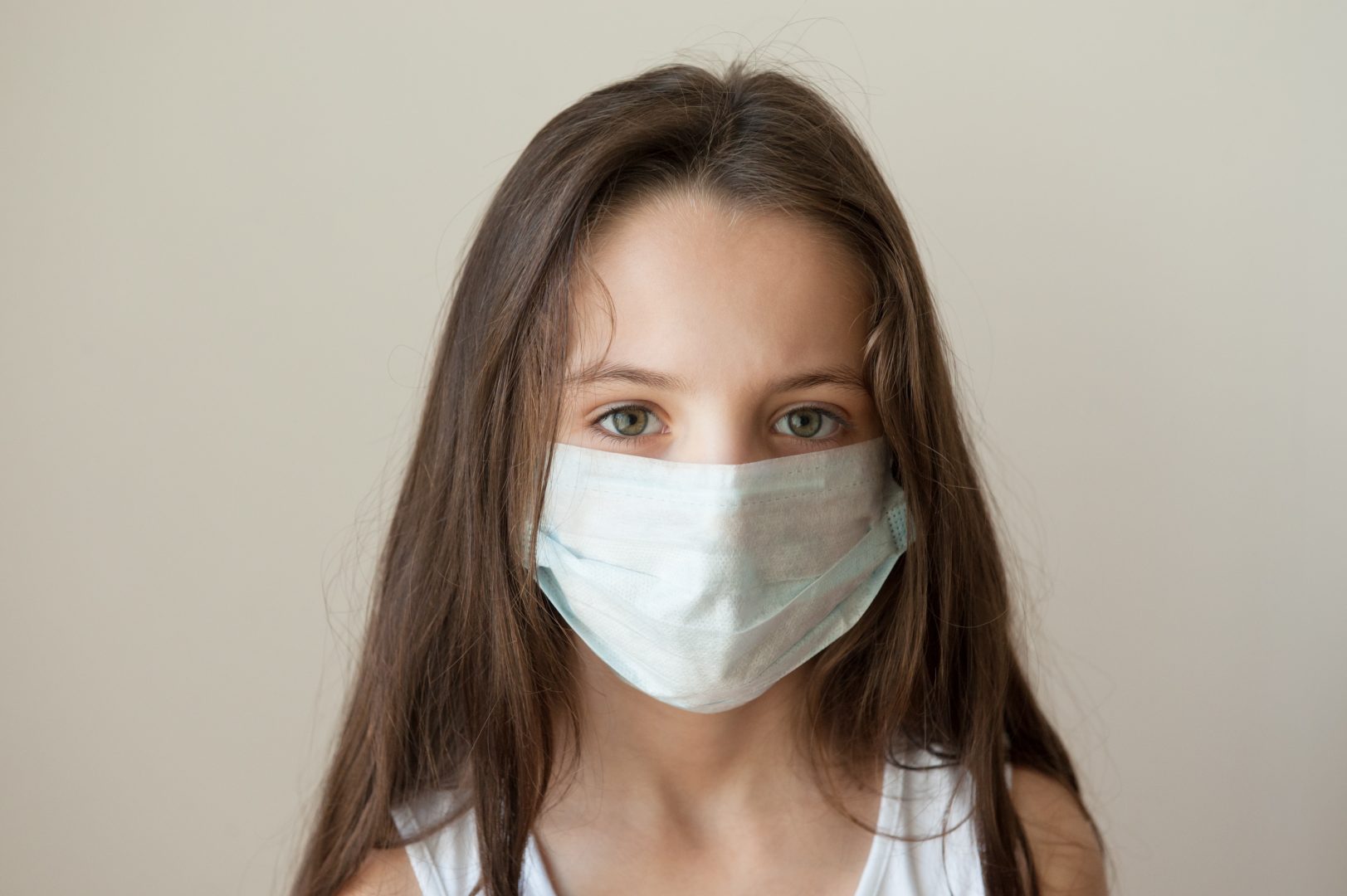“OMG, I have a fever mom and dad, is this coronavirus?” It’s a word your kids might have heard online, on TV or in school, but they may not completely understand it and may be stressing about it.

The coronavirus has been officially declared a public health emergency by the World Health Organization — it’s now spread to more than 18 countries and shows no sign of slowing down. With all of the media reports, it’s no wonder kids might get scared or stressed by the situation.
“The extensive news coverage about the virus may leave some children with questions and fears about the potentially deadly nature of the coronavirus,” explains Jen Kugler, Senior Program Director, Acenda Child Behavioral Health Services. “Children may develop fears about the risk to their own health and safety, and that of their relatives and friends, and this is all normal. It’s when these fears manifest into anxiety and an inability to be able to continue on with daily life that help may be needed.”
Experts say parents should listen to their children’s fears and not dismiss them. Before talking to kids about what they may be seeing on the news or hearing from their peers, parents should make sure they have an understanding of the virus first.
Here’s seven tips on how to approach the topic of the coronavirus and talk to kids about the potential risks. Before, discussing, you should review information on the Coronavirus so you are educated yourself—the Centers for Disease Control (CDC) is a good source.
- Start a conversation with your kids about the virus if they have not approached you on the topic. Just because they haven’t brought it up, doesn’t mean they are not concerned.
- If your kids have approached you, make yourself available to work through their fears.
- You can use the example of comparing it to other viruses such as the flu, and talk about how hand hygiene is the most important thing to prevent the virus
- Go into the bathroom with your kids and teach them how to wash their hands for 20 seconds after bathroom use, before eating, and after going to public places. Also talk to them about sneezing into their elbow and avoid touching their face.
- Don’t dismiss children’s fears. This can be accomplished by practicing active listening. Give your children your full attention and acknowledge their feelings out loud.
- Try to manage your own fears about the illness. Your kids can hear your discussions with others or your comments and that can cause even more fear. When you are anxious, your kids will be too.
- Step away from the news sources talking about the virus for the benefit of you and your child’s mental health.
“If your child is starting to experience extreme stress, anixety, or panic attacks surrounding coronavirus, a therapist might be the next step to helping you and/or your child work through these fears in a healthy way,” Kugler added.
Clinicians in our Counseling & Wellness Centers can help you or your children work through stress and anxiety and work towards setting goals for mental wellness. Call our main number at 844-4-ACENDA (844-422-3632) for more information.
Sources:
www.nbcnews.org
www.npr.org
www.news-medical.net